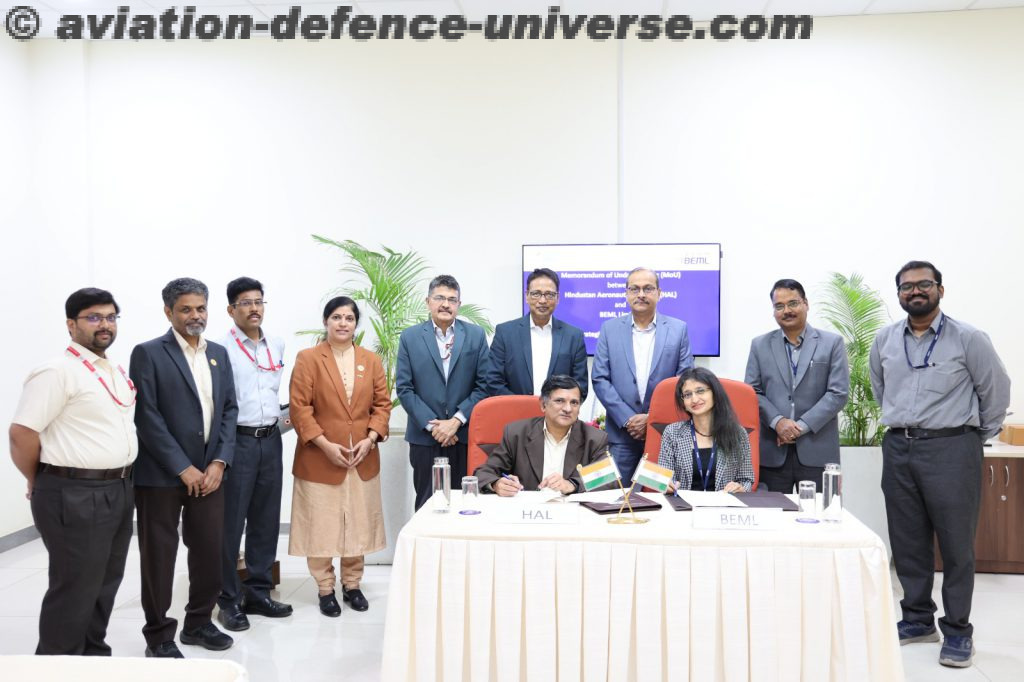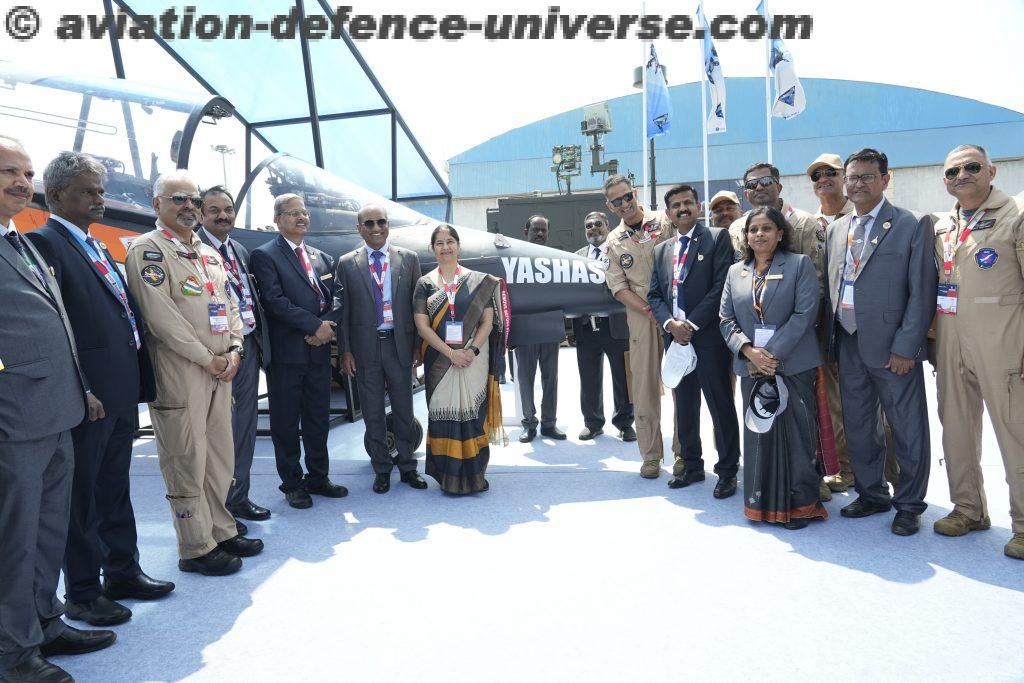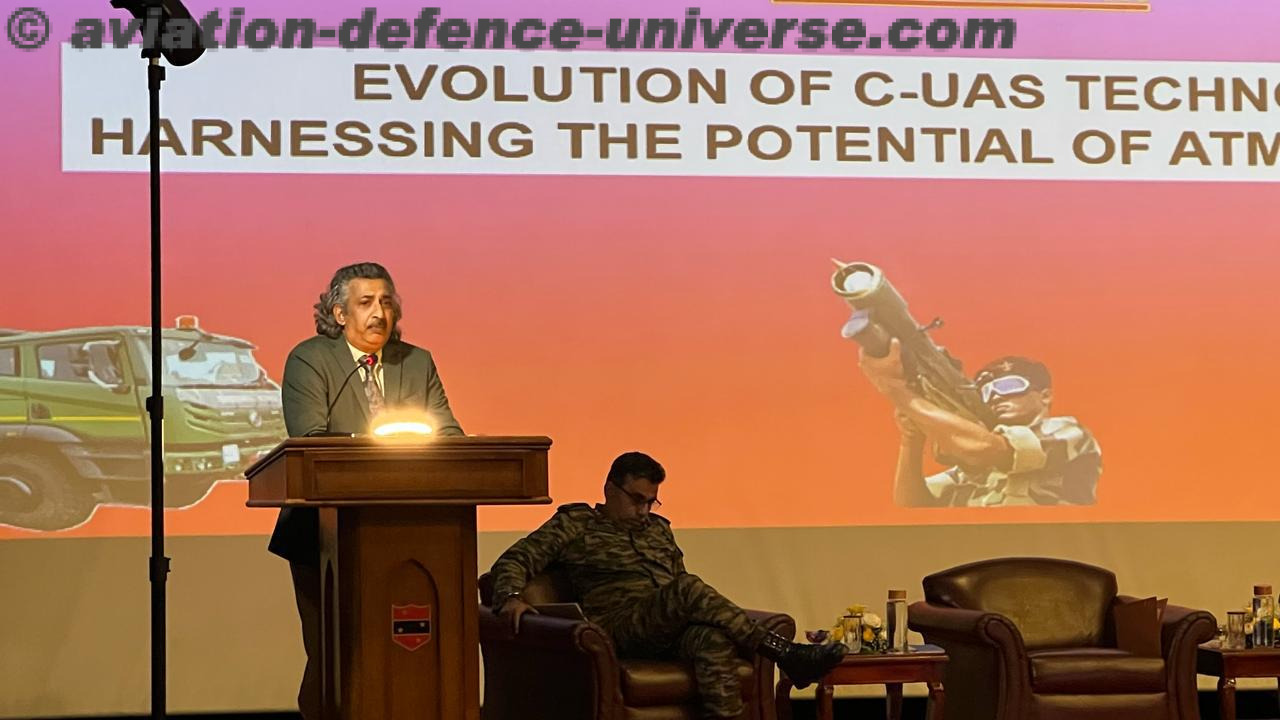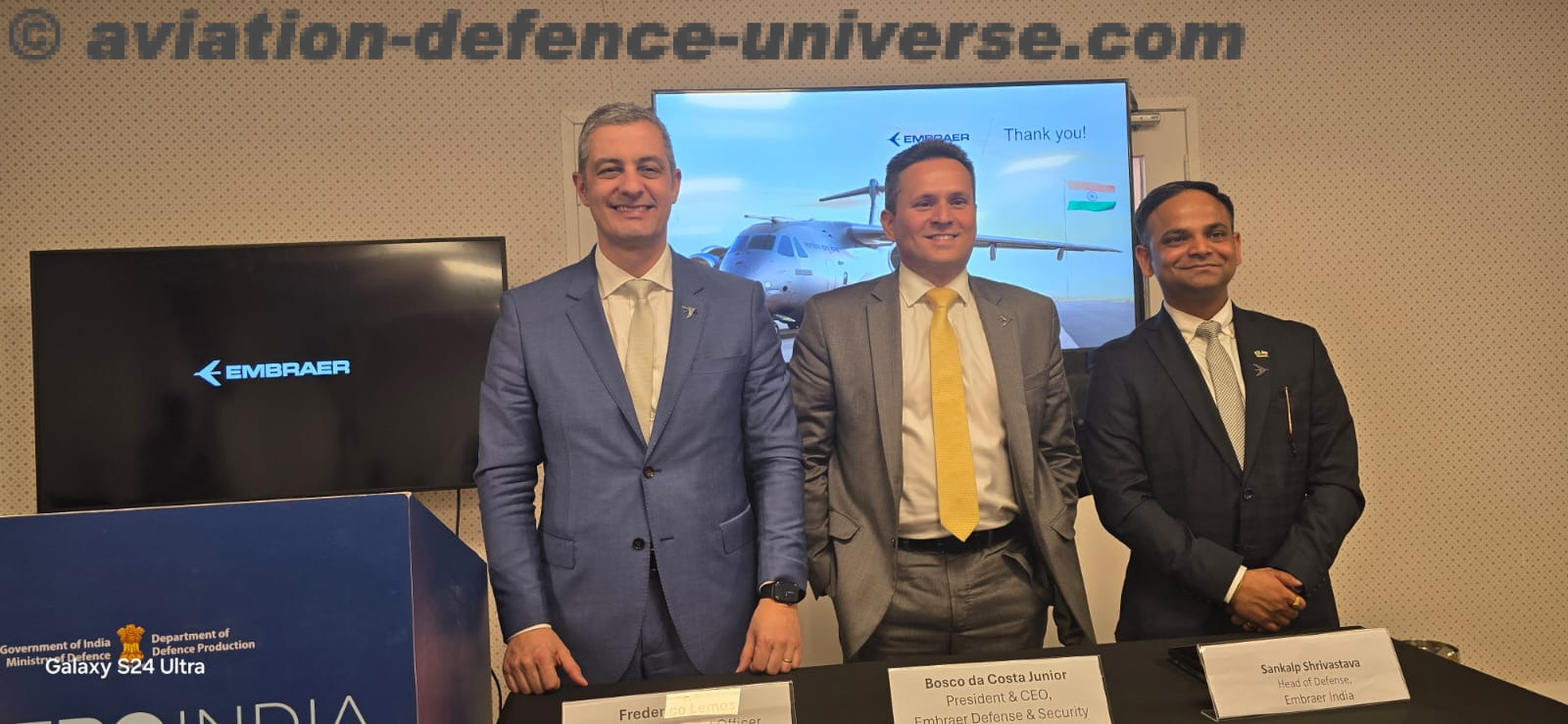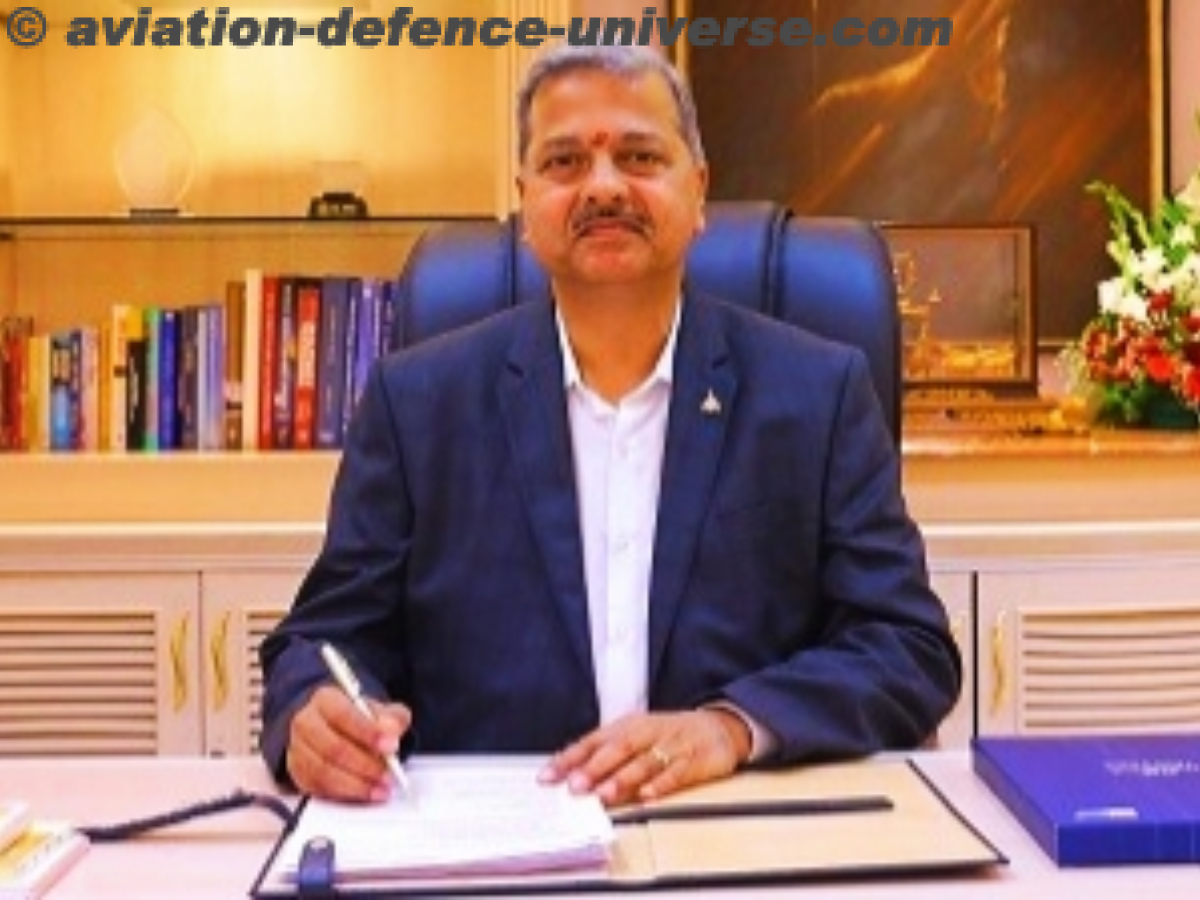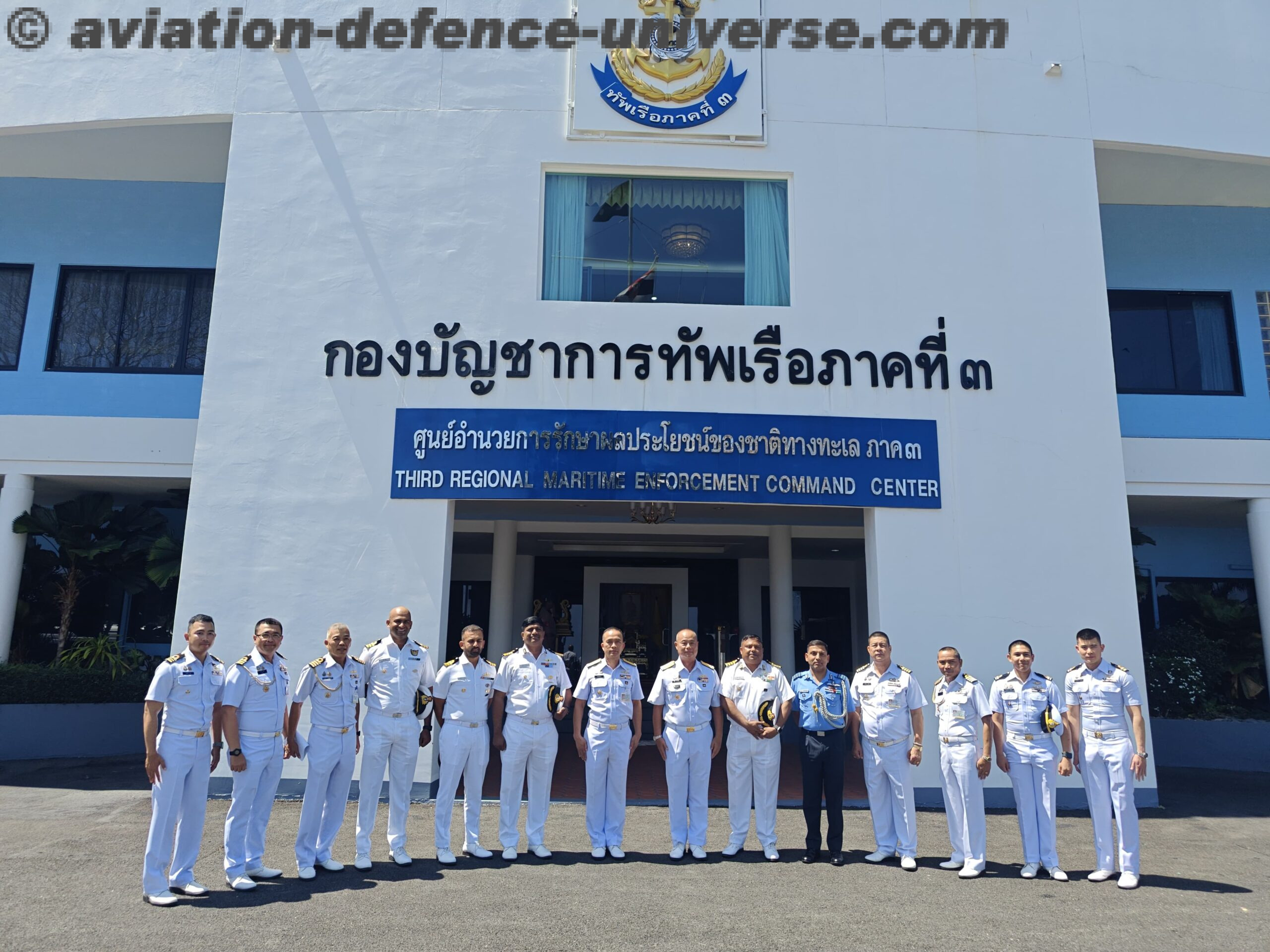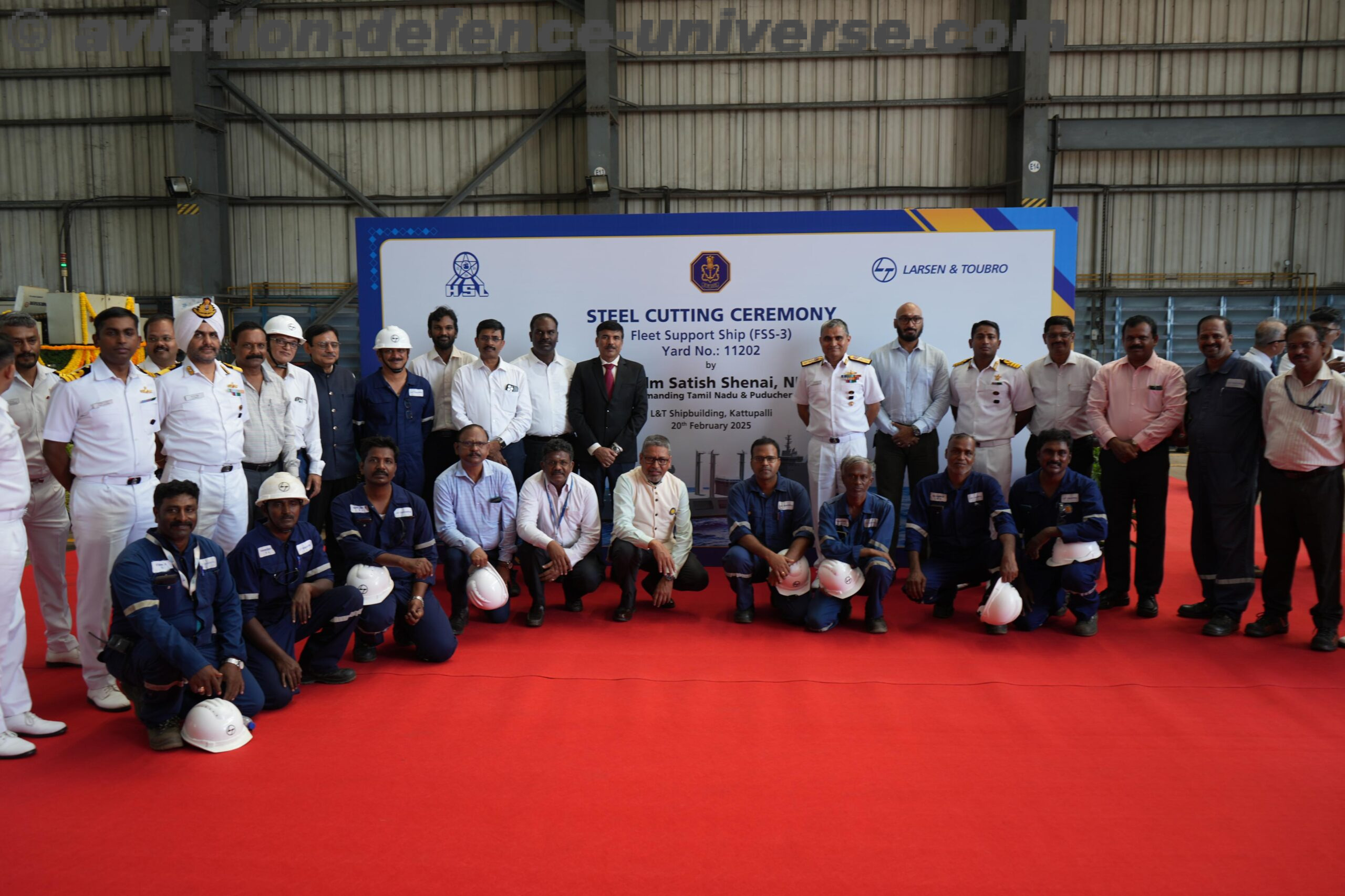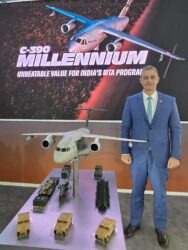
New Delhi. 31 July 2016. “In December, last year we had the Paris agreement on UNFCCC and just in February this year at ICAO governments agreed on a CO2 certification standard, for new aircrafts. So the governments have shown willingness to come together in the recent past on this issue and so we are confident that come ICAO assembly in September, governments again will show that willingness and to achieve consensus and to achieve the agreement, “ said Michael Gill, Director – Aviation Environment Resolution, International Air Transport Association on market- based measure for aviation carbon emissions. He was speaking on the sidelines of IATA’s 72nd Annual General Meeting held in Dublin last month.
ADU. The IATA AGM has passed a resolution on a market-based measure for aviation carbon emissions. What does this resolution mean?
MG. First of all we are so delighted that the IATA airlines have adopted this resolution at the AGM. What it means is a firm commitment that reaffirms the previous commitment of the airline industry to the adoption of a global market bases measure of aviation by ICAO and specifically a mandatory carbon offsetting scheme that would be implemented from 2020 and that’s going to lay our industry to meet its 2020 target of carbon neutral growth.
ADU. Why does the industry need carbon offsetting to achieve carbon-neutral growth?
MG. Well, the aviation industry has adopted a four pillar strategy to dress its climate impact and it’s through the use of operational measures, better use of infrastructure and new technology that we are already achieving significant reductions in CO2 emissions. But why we need this carbon offsetting scheme is the fourth pillar of strategy, it’s an economic measure to allow us to achieve this carbon-neutral growth target of 2020, where the other three pillars have not quite got us to that target.
ADU. Are you confident that governments will agree to a carbon offsetting scheme?
MG. This is a political process and in any political process there is no guarantee of the final outcome until the agreement is signed but we do see real engagement from the government in this process. We see genuine attempts to find consensus on some very sensitive political issues and there is president for this in the recent past, governments have has shown willingness to come to agreement in the climate space area.
ADU. What sort of projects would be invested in to offset emissions? How can you guarantee these are effective?MG. One of the key aspects of the negotiations of ICAO is exactly this is to ensure genuine reductions in CO2 emissions across the world and the rules will provide very clear guidance on the types of projects which will be approved and the criteria for which the units, the credits that airlines can purchase will be eligible. We are looking at a whole range of different projects looking for example from reforestation projects to cleaner energy projects in developing states. The fundamental aspect for us really is to make sure that the rules provide for very strict criteria for approval of those projects and we are confident that governments are moving in that direction in their discussions.






_BannerAD_234x60px.jpg)





